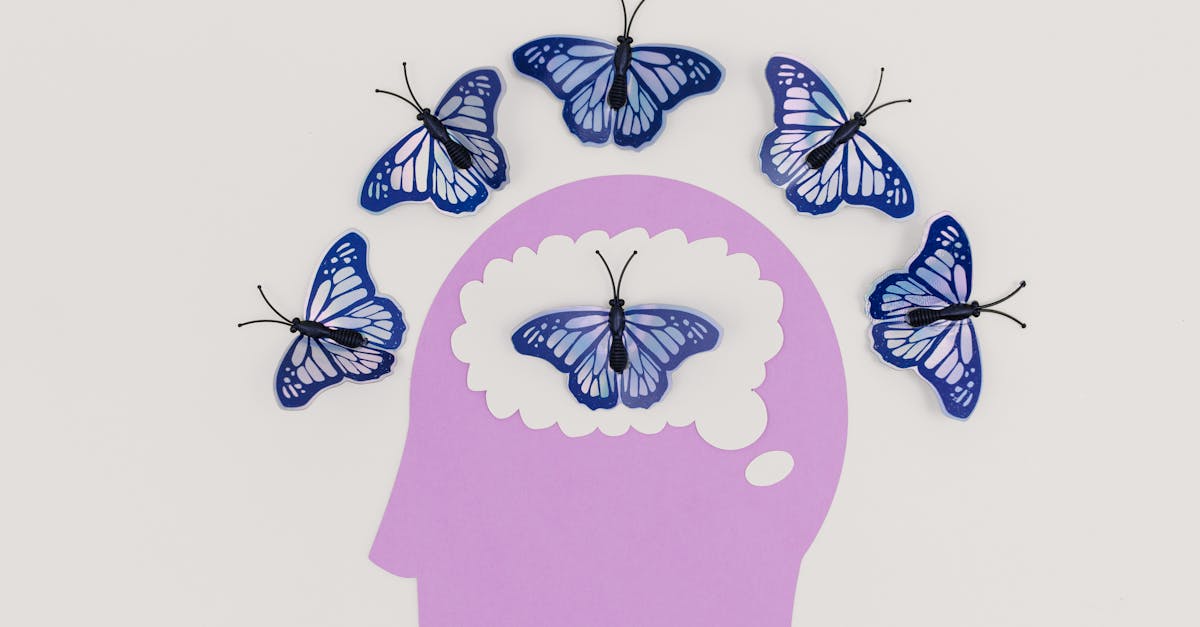How to treat nervous system dysfunction?

Medication Management
When addressing nervous system dysfunction, medication management often plays a crucial role in treatment. Health care professionals typically assess the patient’s symptoms and medical history to determine the most appropriate pharmacological approach. This may involve prescribing medications that target specific neurotransmitters or neurological pathways to alleviate symptoms such as anxiety, depression, or pain.
In addition to managing immediate symptoms, regular follow-ups are essential for monitoring the effectiveness of prescribed medications. Adjustments may be necessary based on patient response or any side effects experienced. This collaborative process ensures that the treatment plan remains tailored to the individual’s needs and can improve overall outcomes for those dealing with nervous system issues.
Types of Medications Prescribed
Medications play a crucial role in addressing nervous system dysfunction. Doctors may prescribe antidepressants such as SSRIs to help alleviate symptoms of anxiety and depression. These medications can help balance neurotransmitters, which are often disrupted in individuals with nervous system issues. Additionally, anticonvulsants may be employed to stabilize mood and reduce seizure activity. Benzodiazepines are another option, providing short-term relief from anxiety symptoms.
In some cases, stimulant medications can be beneficial, especially for conditions like ADHD where attentional control is impaired. These stimulate neurotransmitter activity, promoting focus and alertness. Other treatments may include mood stabilizers for conditions like bipolar disorder, aiming to smoothen emotional highs and lows. Ultimately, the choice of medication varies based on individual needs and specific diagnoses, requiring close collaboration between the patient and their healthcare provider.
Alternative Therapies
Alternative therapies have gained popularity for their potential benefits in treating nervous system dysfunction. Many individuals seek out these options when conventional medications do not provide satisfactory relief or when they want to complement their existing treatment plans. Practices such as acupuncture and chiropractic care are commonly explored. Acupuncture involves the insertion of thin needles into specific points on the body, aiming to restore balance and reduce symptoms. Chiropractic care focuses on spinal manipulation to improve alignment, which may help alleviate nerve-related issues.
These therapies can play a supportive role in managing symptoms. Practitioners often tailor their approaches based on the unique needs of each patient. Incorporating lifestyle changes alongside these therapies may enhance overall well-being. As interest grows, more research continues to explore how these alternative methods can effectively address various aspects of nervous system dysfunction. Engaging with trained professionals can provide personalized insights and ensure safe practices.
Exploring Acupuncture and Chiropractic Care
Acupuncture, a traditional Chinese medicine practice, involves the insertion of thin needles into specific points on the body. This technique aims to stimulate the nervous system and promote healing by improving the flow of energy, or "qi." Many patients report reduced pain and enhanced well-being after acupuncture sessions. Research has shown that this therapy may help alleviate symptoms associated with nervous system dysfunction by balancing the body’s natural processes.
Chiropractic care focuses on diagnosing and treating musculoskeletal disorders, particularly those affecting the spine. Chiropractors use manual adjustments to correct misalignments, which can relieve pressure on the nervous system. This form of treatment often provides immediate relief for certain conditions and supports long-term health. Many individuals with nervous system issues find that chiropractic adjustments contribute to greater mobility and a reduction in overall discomfort.
Stress Management Techniques
Stress management techniques play a crucial role in treating nervous system dysfunction. Implementing strategies such as mindfulness meditation can effectively reduce anxiety and improve mental clarity. Engaging in regular physical activity also proves beneficial, as exercise releases endorphins, enhancing mood and relieving stress. Setting aside time for hobbies can provide a creative outlet, promoting relaxation and joy.
Incorporating deep breathing exercises into daily routines fosters a sense of calm and helps manage stress responses. Practicing yoga enhances flexibility and mindfulness, connecting the body and mind. Additionally, maintaining a balanced diet and ensuring adequate sleep support overall well-being, which is essential for those facing nervous system challenges. Finding the right combination of techniques can lead to significant improvements in both mental and physical health.
Mindfulness and Relaxation Strategies
Practicing mindfulness can significantly enhance one's ability to cope with nervous system dysfunction. Techniques such as focused breathing and body scanning help individuals reconnect with their physical sensations and emotions. Engaging in these practices allows for a greater awareness of the present moment, which can reduce anxiety and promote relaxation. These methods can also serve as quick tools during times of stress, enabling individuals to regain a sense of calm in challenging situations.
Incorporating relaxation strategies into daily routines can further alleviate nervous system tension. Activities like yoga, progressive muscle relaxation, and guided imagery can provide a peaceful respite from daily stressors. Establishing a consistent schedule for these activities fosters a sense of structure and predictability, which is beneficial for mental well-being. By dedicating time for mindfulness and relaxation, individuals can cultivate resilience and improve their overall quality of life.
FAQS
What are the common medications used to treat nervous system dysfunction?
Common medications include antidepressants, antiepileptics, and anti-anxiety medications, which can help manage symptoms and stabilize the nervous system.
How does acupuncture help with nervous system dysfunction?
Acupuncture may help relieve symptoms by promoting relaxation, reducing stress, and improving blood flow, which can positively influence nerve function.
Can chiropractic care benefit those with nervous system issues?
Yes, chiropractic care can provide relief by adjusting misalignments in the spine, which may enhance nervous system function and alleviate related symptoms.
What are some effective stress management techniques for nervous system dysfunction?
Effective techniques include mindfulness practices, deep breathing exercises, progressive muscle relaxation, and regular physical activity to help manage stress levels.
How does mindfulness practice support nervous system health?
Mindfulness practice can reduce stress and anxiety, promote emotional regulation, and enhance overall well-being, which are essential for maintaining a healthy nervous system.
Related Links
How do I fix my nervous system?What are the symptoms of a weak nervous system?